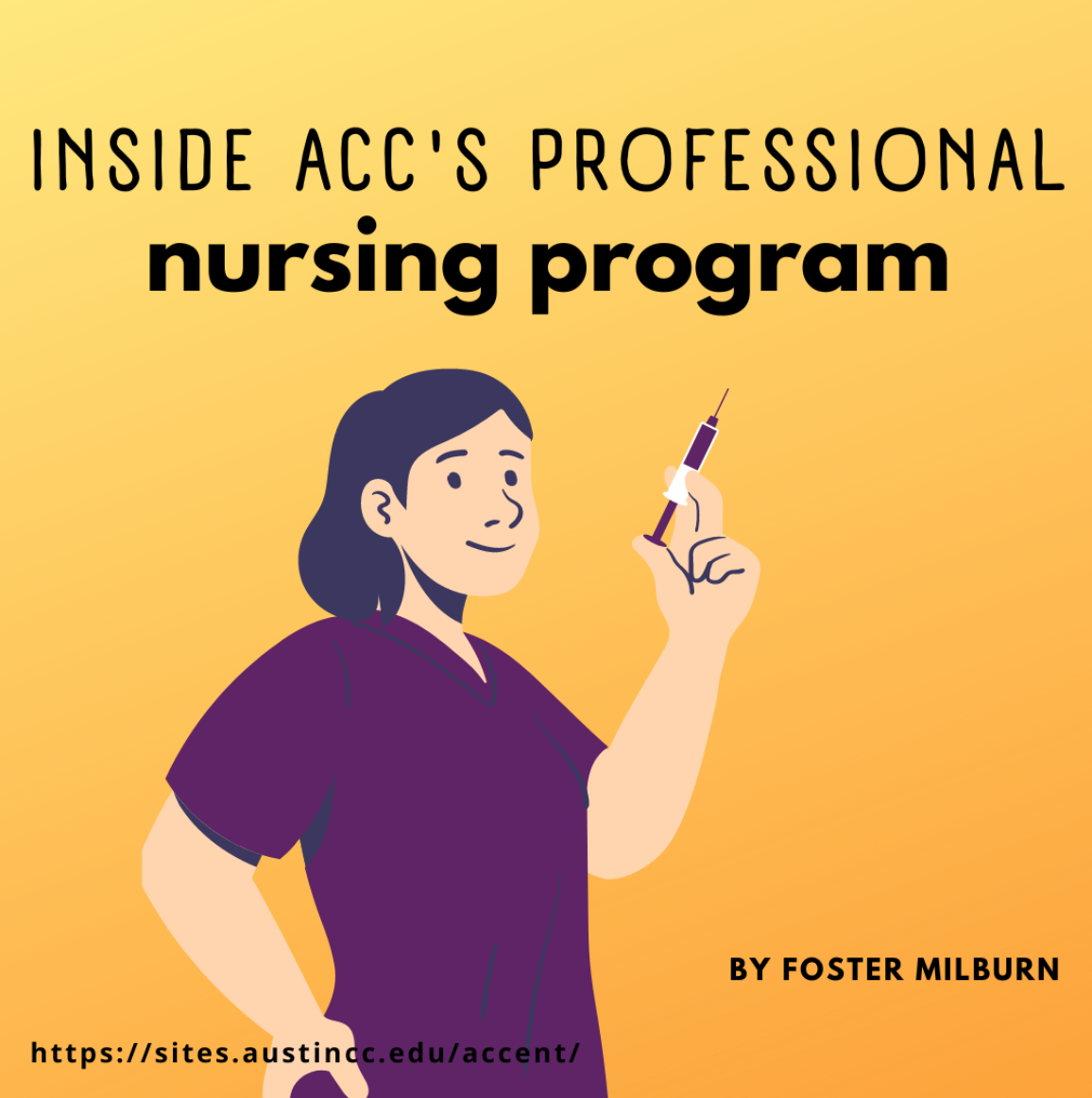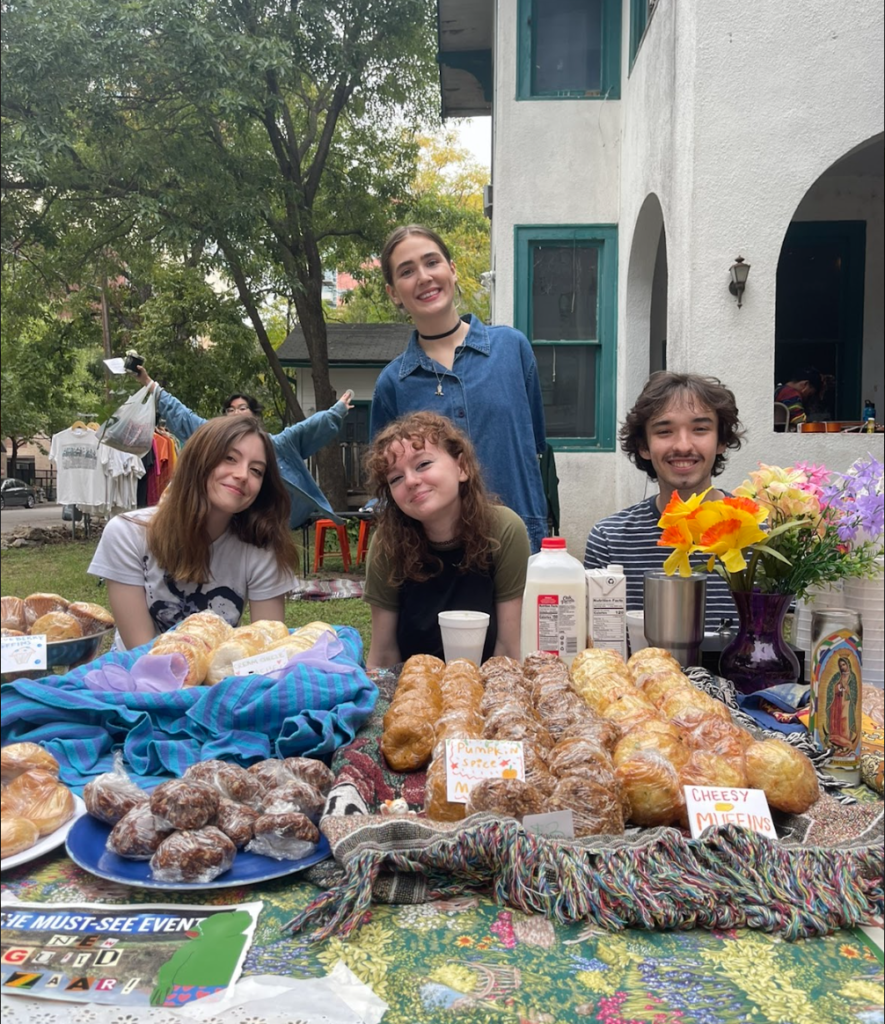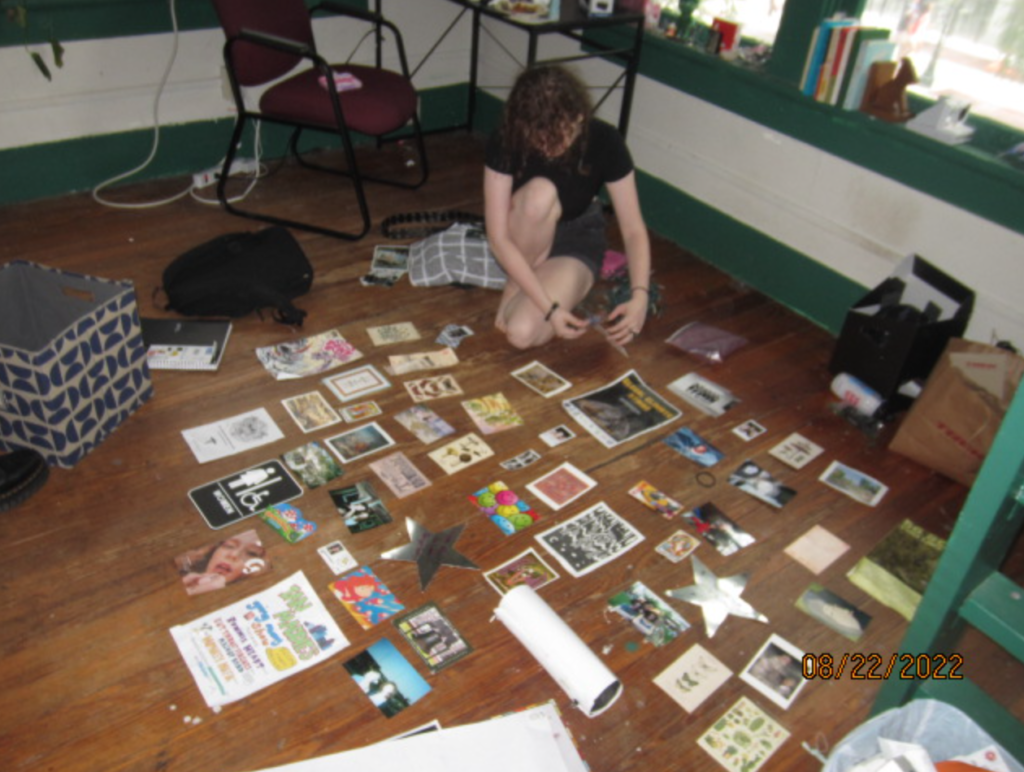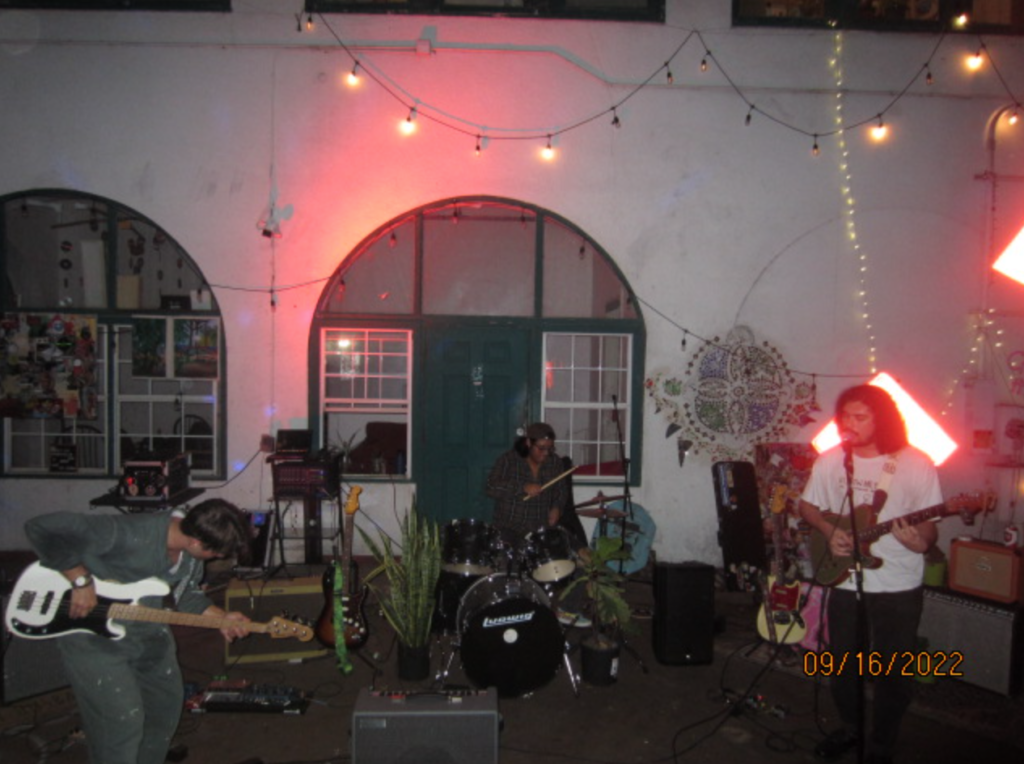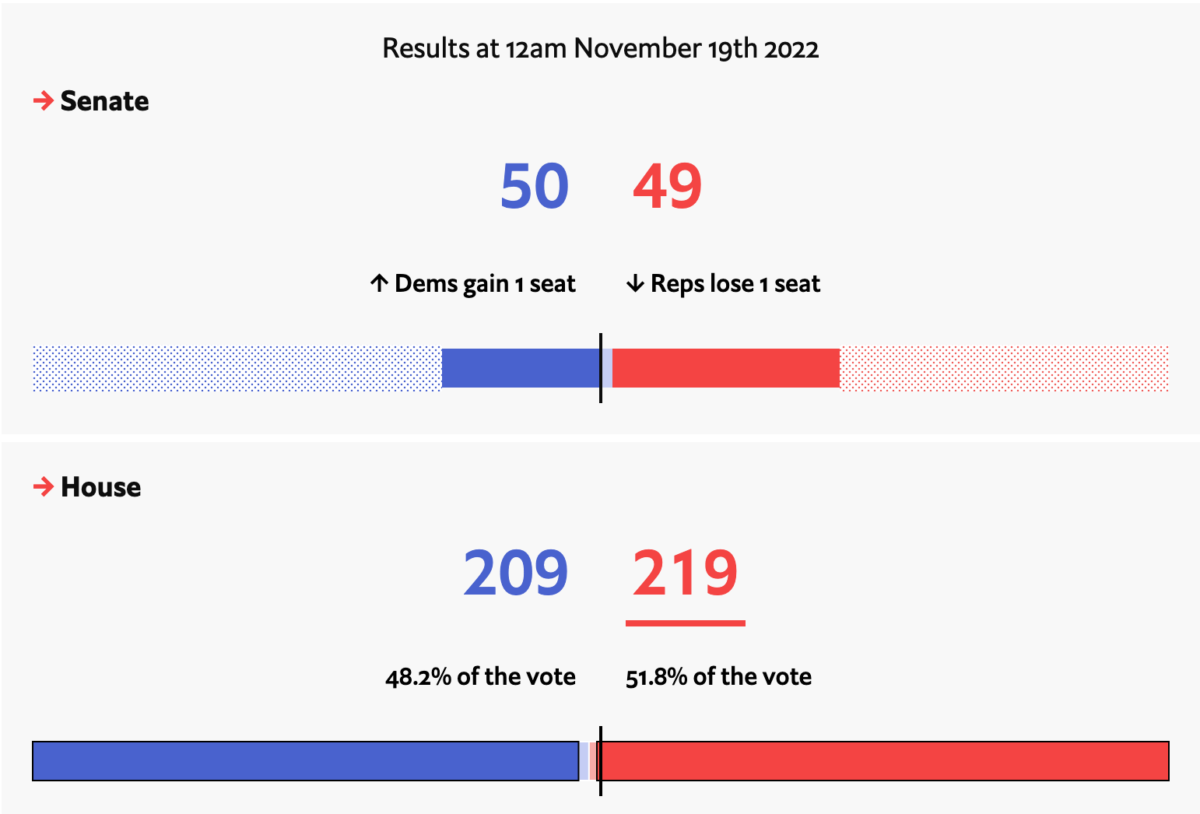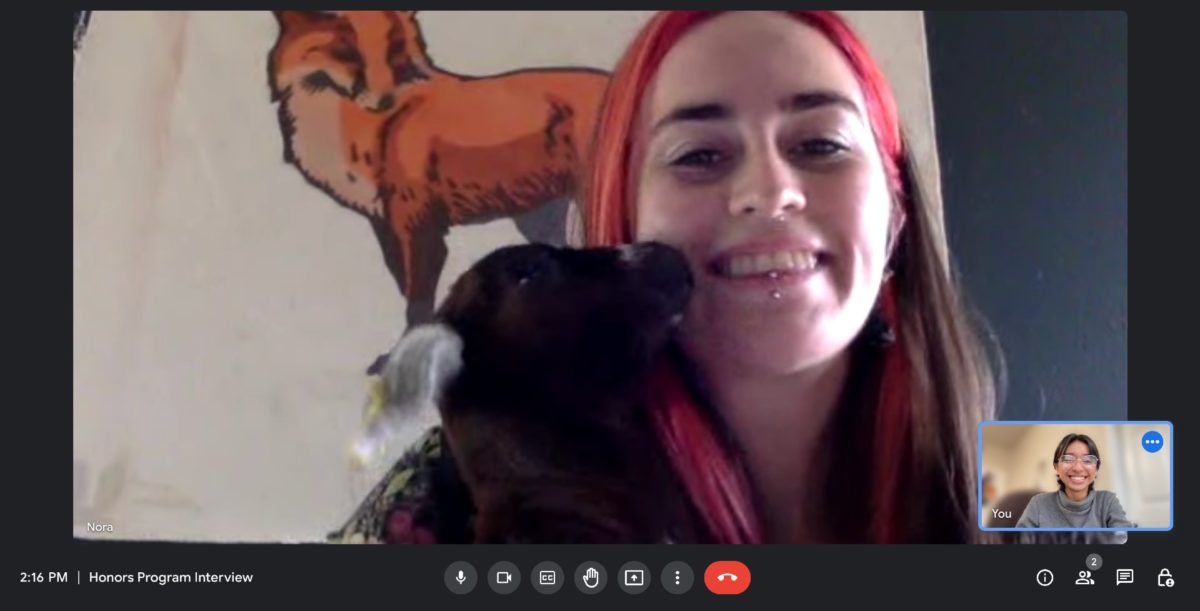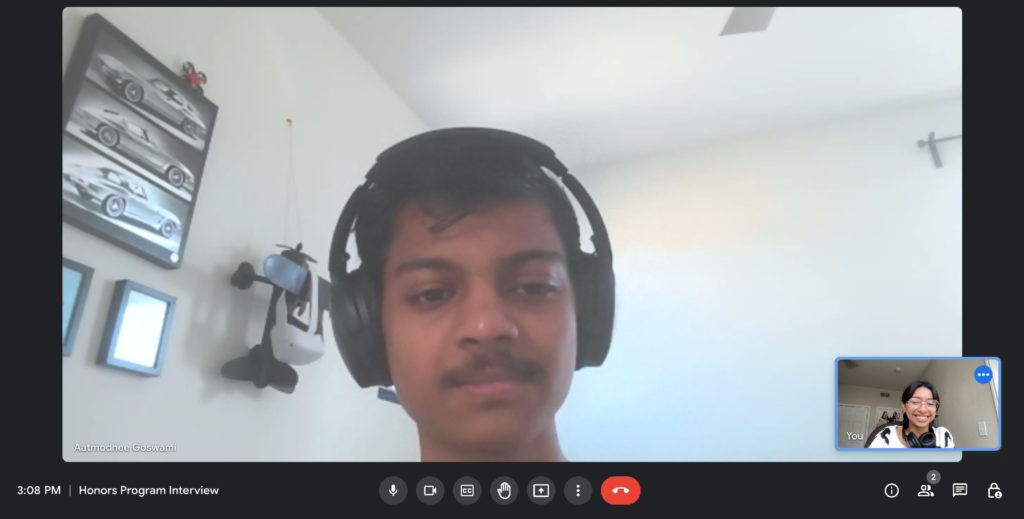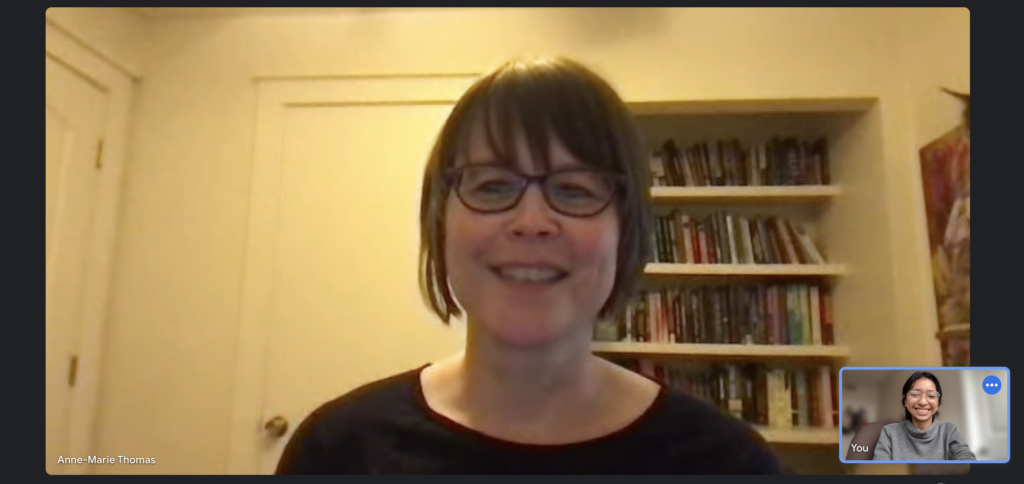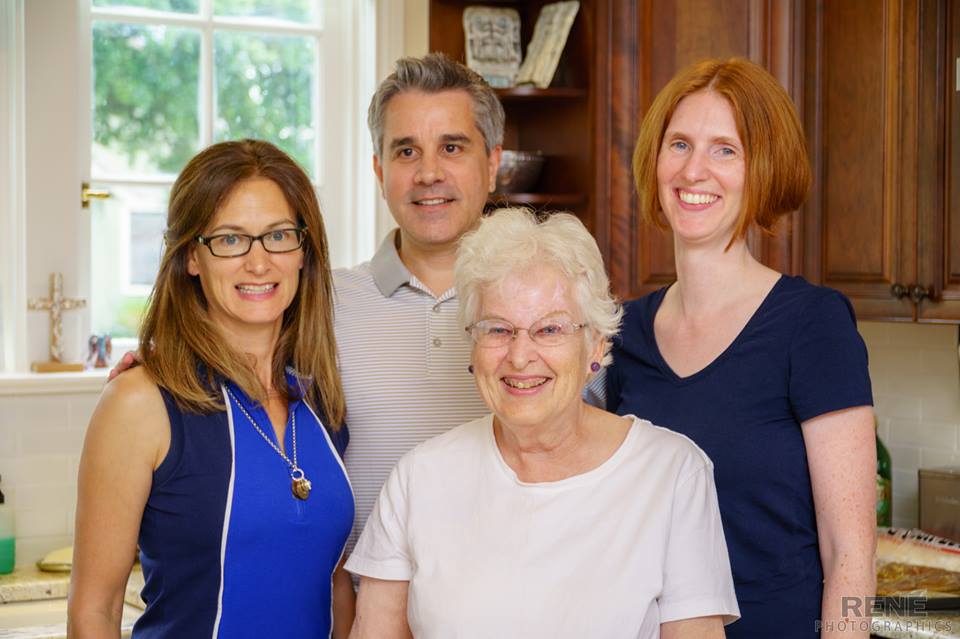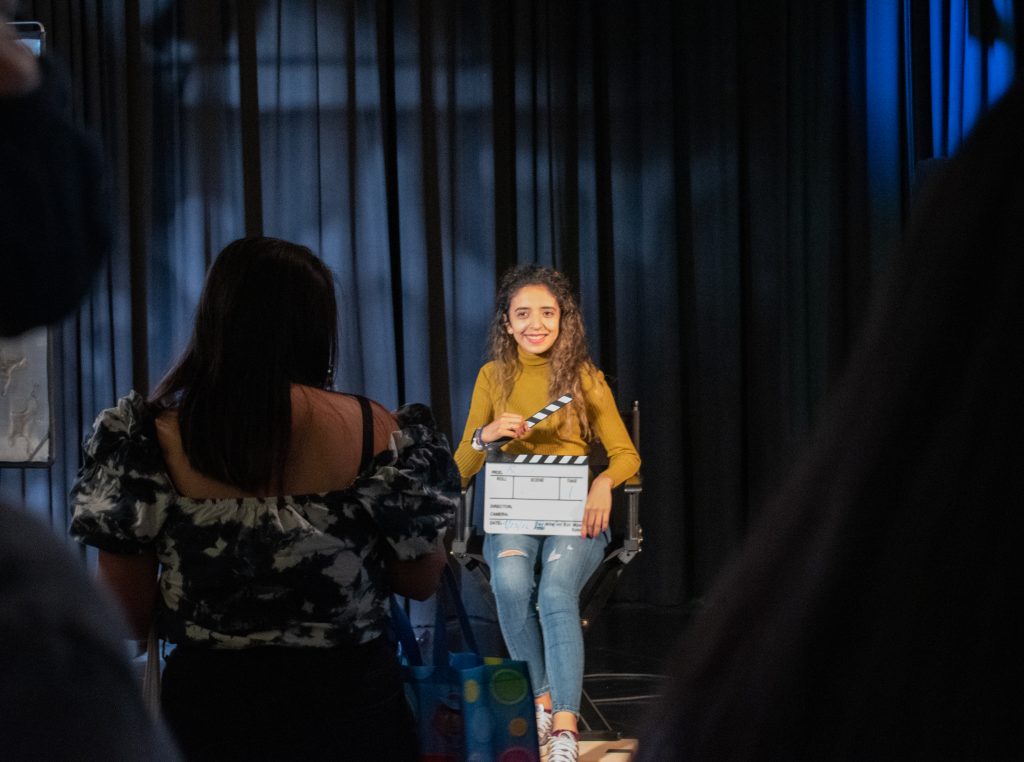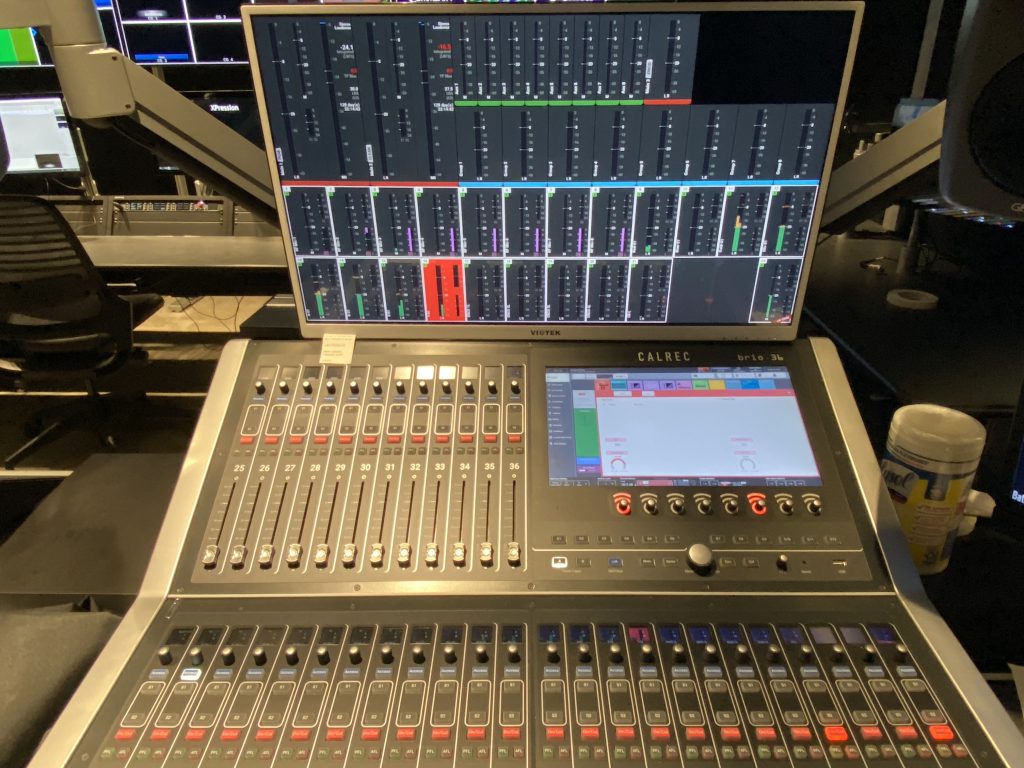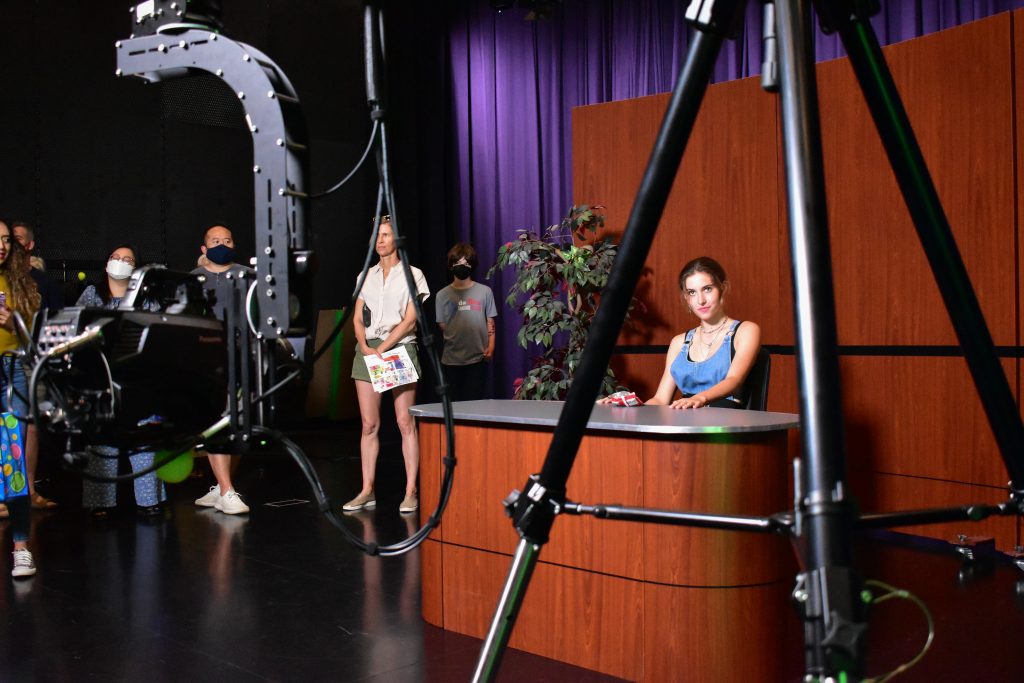By Pete Ramirez
Edited by Angelica Ruzanova and Ky Duffey
The Texas State Legislature is not currently in session but that doesn’t mean State Representatives are not working. ACCENT’s Editor-in-Chief, Pete Ramirez, recently had the opportunity to chat with Texas State Representative Gina Hinojosa of District 49 which covers a large portion of central Austin.
In their conversation, they discussed a wide range of topics affecting Texans such as how families of transgender people are dealing with the increased scrutiny from the governor, climate change, abortion restriction and why young people shouldn’t lose hope in democracy.
Read the entire conversation below.
This conversation has been edited for brevity and clarity.
Pete Ramirez (PR): Can you tell us about yourself?
Rep. Gina Hinojosa (RGH): I’m in my third term at the Texas House so I’m in my sixth year. I’m running for reelection. I have a Republican opponent in the November election.
I was on the school board for one term before I ran for the House. I was president of the Austin ISD school board.
I ran for the school board because my son’s school was going to be closed along with a bunch of other inner-city schools and I got angry and decided to run.
I’m a lawyer and I represented employees in discrimination cases.
I’m originally from South Texas. From the valley- Brownsville. I went to public school down there and then I came to UT in Austin and I’ve been here ever since except when I went to D.C. to attend law school at George Washington National Law Center.
I’m also married with two boys.
PR: Can you give us a quick rundown on the Texas Legislature and your duties as a State Representative?
RGH: We meet every two years here in the Capitol.
We get paid $600 per month so it is not a salary that many people can live off of and most legislatures have other jobs to support themselves and their families. As a result, it limits who can run because most people can’t take six months off every two years to come to Austin and work. I’m able to because I live here.
We are required to pass a budget for the state every session. Other than that, it’s just whatever is the agenda that the Speaker and Governor set.
We file our own bills. I’ve focused a lot on public education, environmental issues, renewable energy issues and efforts to combat climate change as well as reproductive health and corporate reform issues.
The thing about being in the House, is you’ve got to know about everything. Every issue you can think of comes before us. I only have a staff of three and we often feel like we are just inundated with policy issues to work on. Also, a lot of the policy issues we have to work on are unfortunately made up by politicians.
Right now we’ve spent a lot of time trying to protect the kids and families of kids who are transgender because the Governor has decided that Child Protective Services is going to investigate them and threaten to take them away from their families. I have constituents who are scared so they reach out to me.
But there are always these emergencies that are created by our statewide politicians for political reasons and the result is that we don’t get to focus on the things that really matter to Texans.
PR: What is the job like in between sessions and how do you help constituents during this time?
RGH: A lot of it is informal so really every legislature’s job is going to look different.
For me, with the example of the transgender kids, we’ve reached out to lawyers and advocates to get resources to families, educate families about what to do if CPS shows up at their door and expose the problems that are not being dealt with.
One of the hardest things about this issue is people are terrified to speak up and be public because they don’t want to lose their kids. They are afraid.
We have a responsibility to tell their story. To fight on their behalf against this.
PG: It’s a midterm year. You are up for reelection along with all other State Representatives. How important is voting to you?
RGH: It really is the foundation of all of our rights, to vote, right? I mean that’s how we hold the government accountable. Government has enormous influence and say over every individual’s life and if we’re not a government by the people then we are living in something that is not a democracy but something that is closer to having a king or a dictator.
Voting is everything and because when more people don’t vote, the government doesn’t work as well as it should. Because more people don’t vote we have politicians who get elected by what is just a small fraction of the population and it’s typically more far-right and far-left because a lot of these races are determined in primaries that happen in March. While we need more people voting in November, the turnout in these March primary elections is so abysmally low that it’s just a small sliver of the population that is deciding who will represent us.
We’re so gerrymandered where Democrats are packed into these districts, Republicans are packed into these districts that even though most people pay attention to the November races, most of it is baked in March.
Now, in the race for governor, that’s not the case. That’s a state-wide race. Attorney General, U.S. Senators and all other statewide races are open to the entire state to vote on those.
[Voting] is everything and we saw in the last election that lots of people who voted by mail had their ballots rejected.
And I mean, an unprecedented amount of ballots were rejected because of the new voter suppression law/anti-voter law that was passed during the special session. The one we broke quorum to try to fight against and get Congress to pass some comprehensive voting rights protections. They didn’t do it and we ended up with a bad anti-voter bill and we saw that lots of people were disenfranchised this last election as a result.
PR: Why is it important for young voters to participate in elections?
RGH: Well, let’s talk about climate change.
Young voters are going to deal with the impacts of a warming planet far more than older people are, right? Young people are likely to be around a lot longer.
The policies that we enact today are a result of who you vote for and what you tell politicians you expect from them in order to earn your vote. That’s going to be affecting you for the rest of your life.
Also, data shows young people are not voting their numbers and so the concerns of young people are not front and center for many politicians.
I’ll give you an example: I had a bill that would’ve required a polling place to be on the campus of every large university.
I couldn’t even get a hearing on that bill because the committee chair didn’t care. She wasn’t afraid of the young people in her district.
Votes move politicians. You’re supposed to be responsive to your people. If people don’t vote, politicians aren’t going to care what they think.
You can have all the data in the world and it doesn’t hurt but if you don’t have the votes to back that up, you’re not going to move policy because politicians don’t do something just because it’s the right thing to do. I know that’s shocking but that’s not what moves politicians.
PR: What is your view on the abysmal voter turnout during midterm elections and primaries and what are you and the Democratic party doing to turn that around?
RGH: Right now we have to find a way to tap back into people’s hope for a better tomorrow. We’ve all been so beat down by the pandemic by the ugliness of politics, with the insurrection and Donald Trump as president. Just the nastiness of politics.
I do worry that people won’t feel the hope that we need to inspire us to go out and vote and think that we can change things. We need to figure out how to talk about policy in a way that gets people excited about what we do so that people want to engage.
If you think about climate change, for instance. There’s a depressing issue for most people. It feels overwhelming and hopeless, right?
What gives me hope about that is that we spent a year doing research on climate change. What we found is that Texas really is the problem and solution when we are looking at things at a national level. We create more methane emissions and more CO2 emissions than any other state by far but we have the largest wind energy sector and we have the fastest-growing solar energy sector.
So there is all this innovation happening in Texas but we are also a big contributor to the problem. We here as Texans hold a lot of the cards to fix this problem and it is fixable. It’s fixable in ways that are not so extreme.
There are things we can do that wouldn’t impact our daily lives at all that would have a significant impact on global warming.
We try to educate people. I think if we can get the information that we have out to the public they may feel like maybe it’s not as hopeless as they feel it is.
PR: What are your thoughts on SB-1 (Texas’ new restrictive voting rights law) and do you think it has made it more challenging for Texans to vote?
RGH: Yes, it has. It’s also scared a lot of Texans. We talked about the vote-by-mail problem where ballots were rejected.
We also have a problem that we have lost constituents to work our polling places to be what’s called election judges because we now have criminal penalties that penalize honest mistakes and people are afraid. As a result, you might’ve seen on social media places that said “only Democrats can vote here” or “only Republicans can vote here” because we didn’t have enough precinct judges. They’re the people who sit at the table, check your voter card and send you to the next volunteer.
Citizens make our elections work and when they are afraid to participate our elections don’t work.
We saw very troubling problems and barriers during the primary elections and when you have, in November, more than twice as many people voting, it’s going to be that much more impacted. We need to get everyone educated and comfortable with our new system. We’re working in my office to try to explain what are the changes and what people need to know in order to feel confident about participating.
Another example is people are afraid to register voters because they’re afraid they are going to do something wrong and will be charged with doing something illegal.
We need people to understand you can still register voters. Those penalties aren’t on the people, they are on the government.
It’s going to take community partners to get out the word and educate people about what the law is so they can feel comfortable about participating.
There is so much opportunity to get students at ACC engaged in policy and voting and politics. I think it’s an exciting prospect.
PR: There’s been an obvious recent surge of right-wing policies being implemented in Texas such as the near-total abortion ban. How do you feel about this and what gives you hope about the future of Texas and the Democratic party?
RGH: Well, you all.
The young people give me hope. We need you all.
Roe v. Wade was decided in 1973 by the U.S. Supreme Court.
My whole life abortion has been legal. Y’alls whole life abortion has been legal. What’s it going to be like when it’s not? Are y’all going to allow for this to happen?
Where you can’t make these basic decisions about your body or about your family. There are no exceptions for rape or incest. There’s not an exception for when a woman is pregnant with a fetus that is not viable.
Are we really now going to tell women, ‘no, we’re going to force you to go through nine months of pregnancy for a baby that will not live’? That’s what our law says now.
Are we really just going to take that? I think it’s an extreme attack on our human rights and I can’t believe that in this country, given our experience with freedom, we’re going to tolerate it.
My hope is that y’all rise up and organize and say absolutely not. Change who is in power to change the laws.
All it takes is for young people to vote.
PR: If ACC students want to get more involved with local government or activism, what advice would you give them?
RGH: Whatever is your passion, there is a group for you to get engaged with on policy issues. Google it or call my office and we’ll connect you to some group.
It’s about showing up.
If you care about something, show up to those meetings. You get to know people who are making things happen and you become one of those people making things happen. At first, you may feel uncomfortable and you may not know what’s going on but eventually, you’ll catch on and you can be part of the change.
PR: Anything you would like to say before we wrap this up?
RGH: I think it would be super cool if ACC did a town hall on voting or engaging students. Even to have members of the Texas House Delegation hear what are the issues y’all care about.
It’s so important that we hear from you and know what are your hopes, dreams and struggles and how can we help with them.



